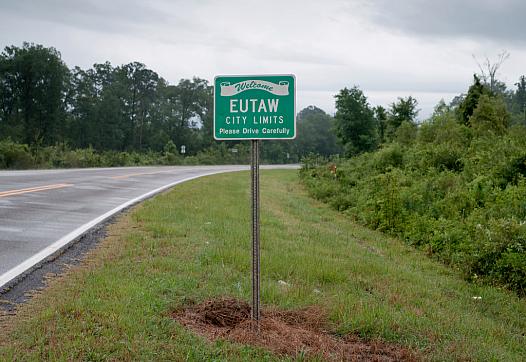
The Southern region referred to as the Black Belt is one of the most persistently poor in the country, life expectancies are among the shortest, and poor health outcomes are common.

The Southern region referred to as the Black Belt is one of the most persistently poor in the country, life expectancies are among the shortest, and poor health outcomes are common.
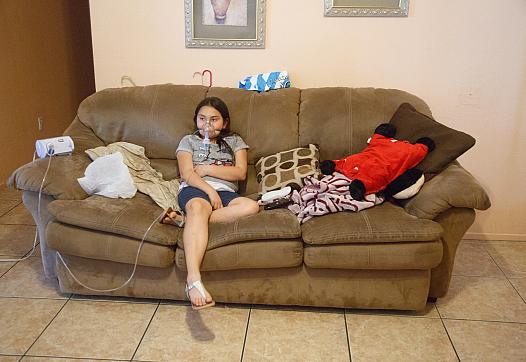
As the Salton Sea slowly dries up, an environmental health disaster is brewing. In response, the Desert Sun found new ways to report on the rising health threat to local communities.
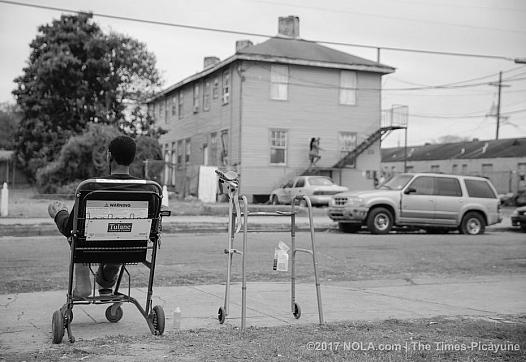
Candince McMillian knew little about New Orlean's Central City neighborhood before she bought her home. Then two bullets ripped through her front door.
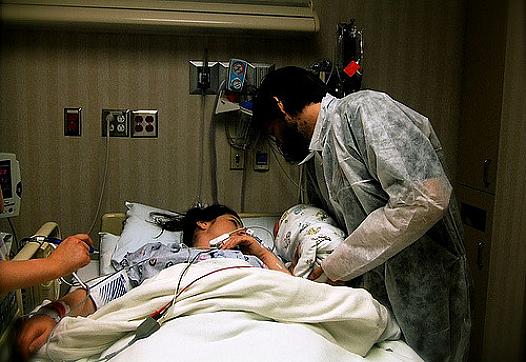
California has been particuarly aggressive in its data-driven effort to curb high C-section rates at hospitals throughout the state. The results from early pilot projects have been promising.
This article was produced as a project for the University of Southern California Center for Health Journalism's 2016 National Fellowship.
![[Photo by Ishai Parasol via Flickr.]](/sites/default/files/styles/teaser_list_thumbnail_large/public/title_images/unnamed_87.jpg?itok=QnliuG9b)
Boston-based nonprofit EMPath combines personal mentoring with brain science to equip low-income families with tools to deal with the economic and social stress that comes with poverty.
![[Photo via Flickr.]](/sites/default/files/styles/teaser_list_thumbnail_large/public/title_images/photo_160.jpg?itok=RjATWyhC)
If heat is the enemy, Marcela Herrera thought she was ready for battle last summer at her family’s north Los Angeles apartment.
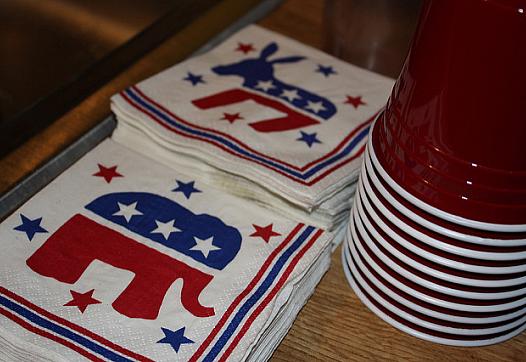
Genuine conversation between Americans with different political views has become a rare commodity these days. We sought to buck that trend by asking two Americans with different political philosophies to discuss their views.
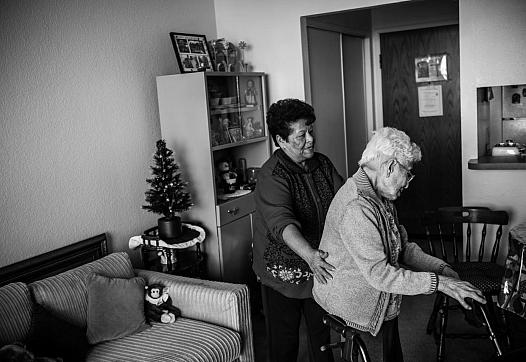
Older adults are more likely to suffer from loneliness, a risk-factor for premature death. Caregivers such as Maria Martínez can help seniors stay in their homes longer while offering needed companionship.
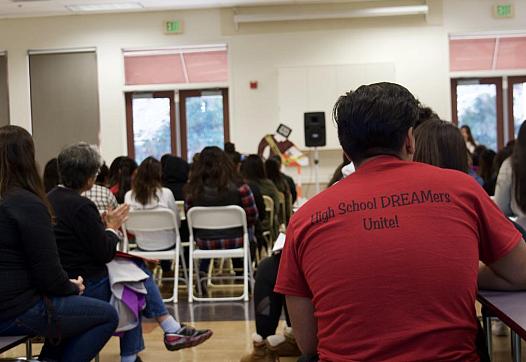
From meditation to soccer to art therapy, public schools in California are finding ways to help undocumented students navigate their emotions as they face new immigration policies.